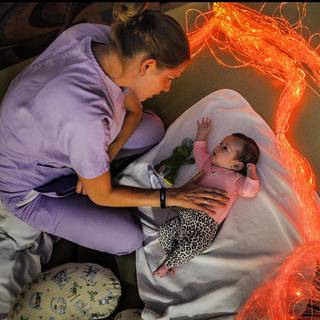A growing number of California infants are born addicted to drugs, according to a Bee review of new state data.
About 1,190 California newborns were diagnosed with drug withdrawal syndrome last year, up more than 50 percent from a decade earlier, according to hospital discharge data from the Office of Statewide Health Planning and Development. That translates to about one addicted newborn for every 400 births.
The increase comes as the number of California births has dropped sharply.
Neonatal drug withdrawal syndrome generally occurs when mothers use drugs, particularly opiate painkillers, for an extended period during pregnancy. Its symptoms are similar to what addicts often experience when stopping a drug: sweating, fever, restlessness, poor appetite, vomiting and tremors.
The rise in babies addicted to drugs corresponds with a sharp increase in ER visits and hospitalizations due to overdoses involving prescription drugs, heroin and other opiods, state figures show.
Neonatal withdrawal, while painful, generally does not have a severe, long-term effect on infant health, so long as proper care is received. More concerning in the long run are other consequences of maternal drug abuse, particularly congenital abnormalities and developmental problems often associated with preterm birth. Newborns addicted to drugs are also more likely to be born prematurely.

Illicit drug use is not always the cause of drug withdrawal syndrome in newborns. Doctors sometimes legitimately prescribe strong painkillers to expectant mothers suffering from an injury or painful pregnancy. In these cases, doctors weigh weaning an infant off painkillers against the possible danger posed to the pregnancy if a mother remains in pain.
When the syndrome is caused by illicit drug use, the Child Abuse Prevention and Treatment Act of 2003 requires doctors to report it to child welfare.



No comments:
Post a Comment